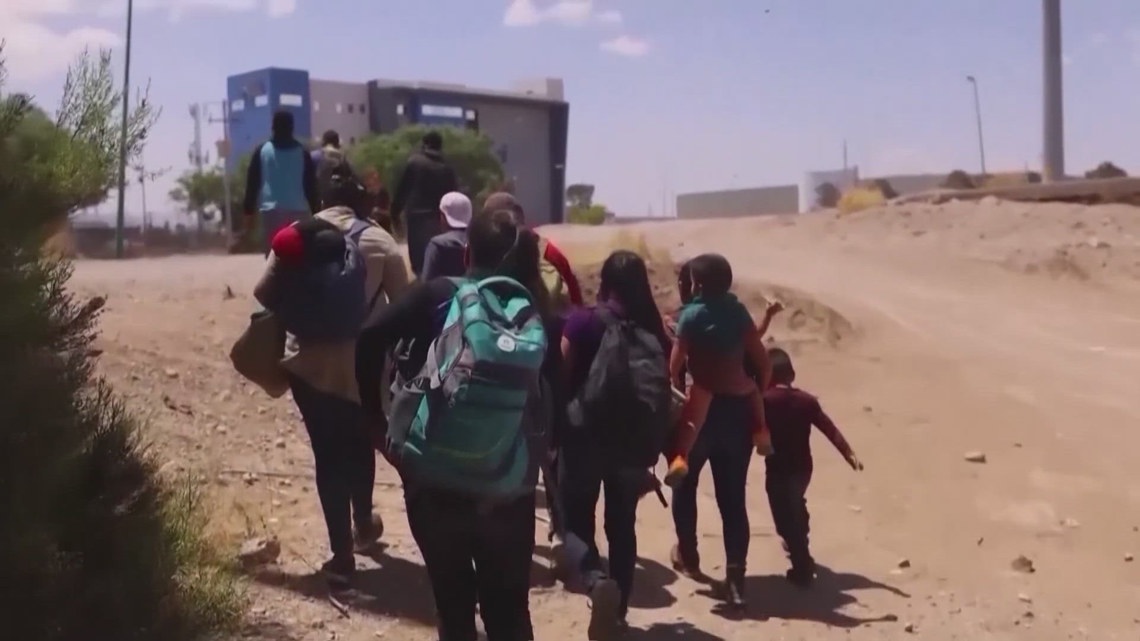
Jonathan Ryan, founder of the nonprofit, Advokato, represents more than 100 unaccompanied minor children who fled violence, persecution and human trafficking.
SAN ANTONIO — The federal government is now offering unaccompanied minor children a $2,500 stipend if they agree to voluntarily leave the U.S. But some immigration advocates are skeptical, calling the program a dangerous trade-off.
“Let’s be clear, this is a bad deal,” said immigration attorney Jonathan Ryan, founder of the nonprofit, Advokato. “These children are being offered a pittance of money to give up protection for their lives.”
Advokato represents more than a hundred unaccompanied minor children, a majority of whom are from Guatemala and Venezuela. These are youth who fled their home countries due to violence, persecution and human trafficking.
Legal providers and organizations who have custody of migrant children received an email from the federal government on Friday, which detailed the $2,500 stipend offer.
Ryan calls the federal government’s program deeply flawed and a way for the government to shut down ongoing asylum and protection cases.
“All of these children are going to return to their home countries with $2,500 targets on their backs,” Ryan said. “That puts any child who takes this offer in danger of extortion, trafficking or robbery.”
The one-time stipend applies to migrant youth ages 14 and older who choose to return to their home countries through an expedited voluntary departure process. According to the federal government, the initiative is meant to help children decide their futures and reunite with family members they may have been separated from in the U.S. However, children from Mexico are not eligible for the program.
Ryan said the $2,500 incentive could actually place returning children in greater harm’s way when they arrive back home, stressing how the cartels could potentially act on an opportunity.
Under the program, the stipend would not go directly to the child. Instead, it would be wired to an adult in their home country after the child’s return, a process Ryan believes is impractical and unreliable.
“Then they’re going to be taken back to their homes, which in many cases are in far-flung rural areas, nowhere close to a bank,” Ryan said. “It’s simply not going to happen, we think, in most cases. They’re also only offering it for a period of 30 days after the child returns to their home country.”
Ryan has been working to expand his legal team at Advokato to meet growing demand for representation in migrant youth cases. He noted so far none of his clients have expressed interest in voluntarily leaving the country under the new offer.
“It’s beneath us as a country as a country to be trying to make financial deals with children who are the victims of trafficking, of abuse, of persecution, just to try to send them back to the countries that they fled.”
